Politics
25 arrested in global hit against AI-generated child sexual abuse material
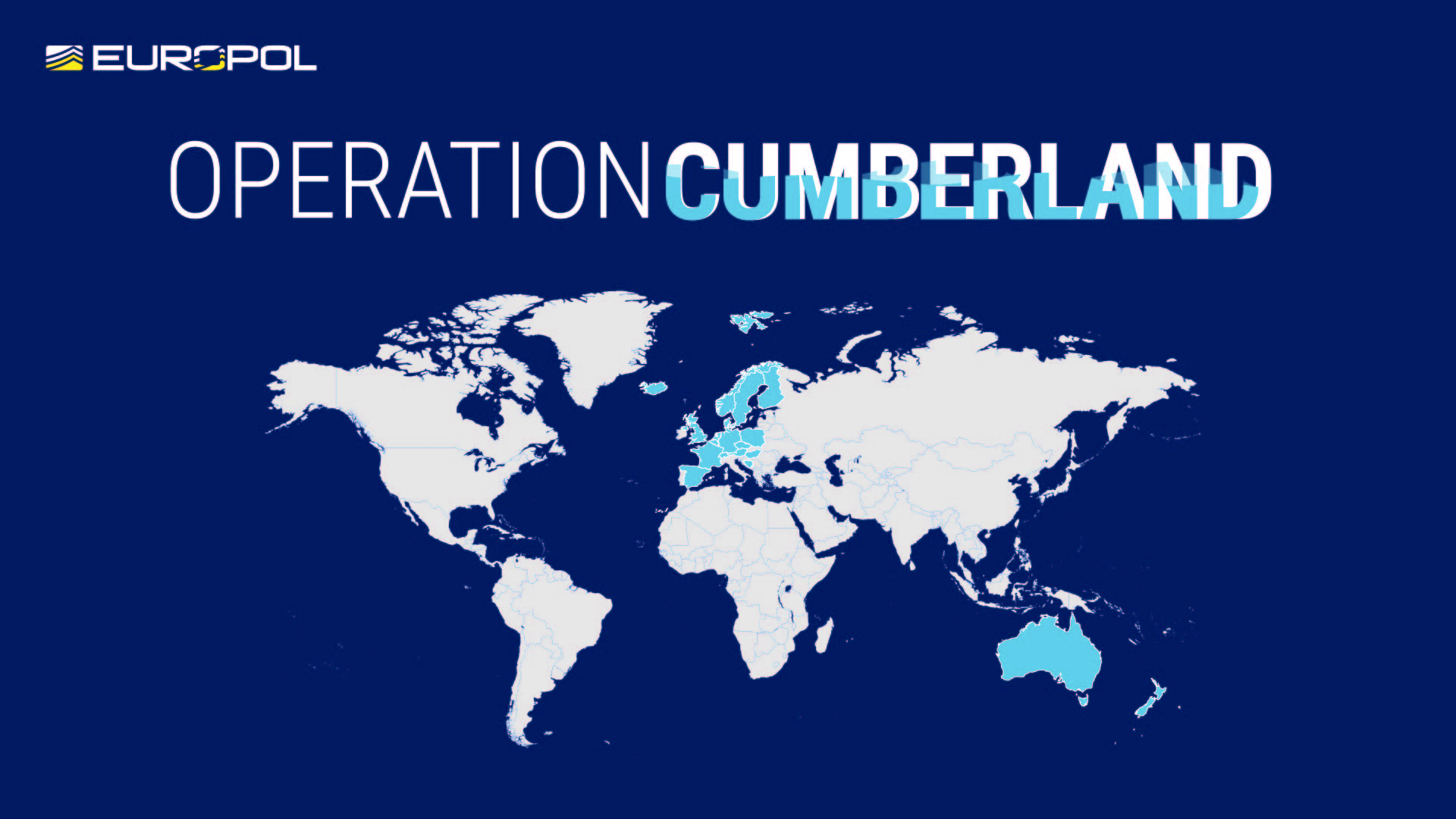
Most of the arrests were carried out simultaneously on 26 February 2025 during a global operation (Operation Cumberland) led by Danish law enforcement. More arrests are expected in the coming weeks, as the operation is still ongoing.
Results of the operation, so far:
- 273 suspects identified
- 25 suspects arrested
- 33 house searches
- 173 electronic devices seized
The main suspect, a Danish national who was arrested in November 2024, ran an online platform where he distributed the AI-generated material he produced. Following a symbolic online payment, users from around the world were able to obtain a password to access the platform and watch children being abused.
During the course of the investigation, Europol and the Joint Cybercrime Action Taskforce (J-CAT), hosted by Europol, provided operational coordination to the law enforcement agencies involved in the case. Experts from Europol’s European Cybercrime Centre also facilitated information exchanges and provided intelligence and operational analysis to national investigators.
Operation Cumberland has been one of the first cases involving AI-generated child sexual abuse material (CSAM), making it exceptionally challenging for investigators, especially due to the lack of national legislation addressing these crimes. In this regard, EU Member States are currently discussing a common regulation proposed by the European Commission to tackle this new situation and protect children from being sexually abused and exploited.
These artificially generated images are so easily created that they can be produced by individuals with criminal intent, even without substantial technical knowledge. This contributes to the growing prevalence of child sexual abuse material, and as the volume increases, it becomes progressively more challenging for investigators to identify offenders or victims. Law enforcement will need to develop new investigative methods and tools to address these emerging challenges.
Catherine De Bolle
Europol’s Executive Director
AI-generated CSAM: a serious crime
Online child sexual exploitation remains one of the most threatening manifestations of cybercrime in the European Union and continues to be one of the top priorities for law enforcement agencies, which are dealing with an ever-growing volume of illegal content.
Self-generated child sexual material constitutes a significant share of the CSAM that is detected. AI models able to generate or alter images are being abused by offenders to produce CSAM and for sexual extorsion. Such models are widely available and have developed quickly, with output that now increasingly resembles genuine material, making it harder to identify as artificially generated.
This poses significant challenges to authorities in identifying the real victims. Even in cases when the content is fully artificial and there is no real victim depicted, such as Operation Cumberland, AI-generated CSAM still contributes to the objectification and sexualisation of children.
Europol’s fight against child sexual exploitation
The fight against child sexual exploitation is a priority for Europol. Since 2017, the Agency has led the Stop Child Abuse – Trace An Object initiative, which enables citizens to provide information by recognising objects to help solve a child sexual abuse case. To date, the general public has shared almost 28 000 tips, 30 children have been removed from harm and 6 offenders have been identified and prosecuted.
At the request of EU Member States and other partners, Europol also hosts a Victim Identification Taskforce, a further initiative that allows law enforcement to work together to localise investigations and identify victims. Children in Germany and Australia have already been made safe as a result of this initiative.
Next step: preventing future crimes
Operation Cumberland not only focuses on stopping perpetrators, but also takes proactive steps to prevent further incidents. Europol and its partners will launch an online campaign in the coming days highlighting the consequences of using AI for illegal purposes and targeting potential offenders where they are most active: online. The campaign will use online messages to reach buyers of illegal content, as well as other methods such as knock-and-talks, social media messages and warning letters.
Operation Cumberland demonstrates an ongoing coordinated effort by law enforcement to tackle this threat comprehensively, from arresting criminals to preventing future crimes through education, deterrence and providing support to those who want to seek support or help.
Politics
Colombia: Joint Press Release on negotiations on a Partnership and Cooperation Agreement
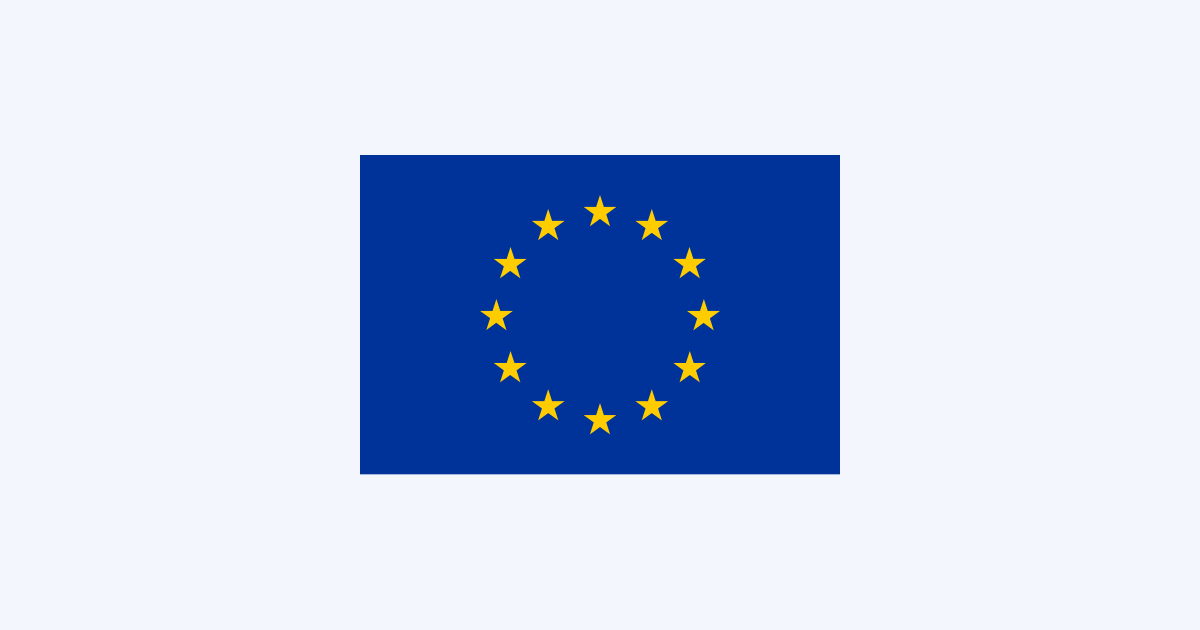
DISCLAIMER OPINIONS: The opinions of the authors or reproduced in the articles are the ones of those stating them and it is their own responsibility. Should you find any incorrections you can always contact the newsdesk to seek a correction or right of replay.
DISCLAIMER TRANSLATIONS: All articles in this site are published in English. The translated versions are done through an automated process known as neural translations. If in doubt, always refer to the original article. Thank you for understanding.
DISCLAIMER PHOTOS: We mostly used photos images that are readily available online, from free sources, or from the people promoting the news. If by any chance it happens that we have used one of your copyrighted photos, please do not hesitate to contact us and we will take it down without question. We do not make profits as this is a not for profit project to give voice to the voiceless while giving them a platform to be informed also of general news, and it is completely free.
Politics
Trade: Coreper endorses the Council’s negotiating position on FDI screening revision
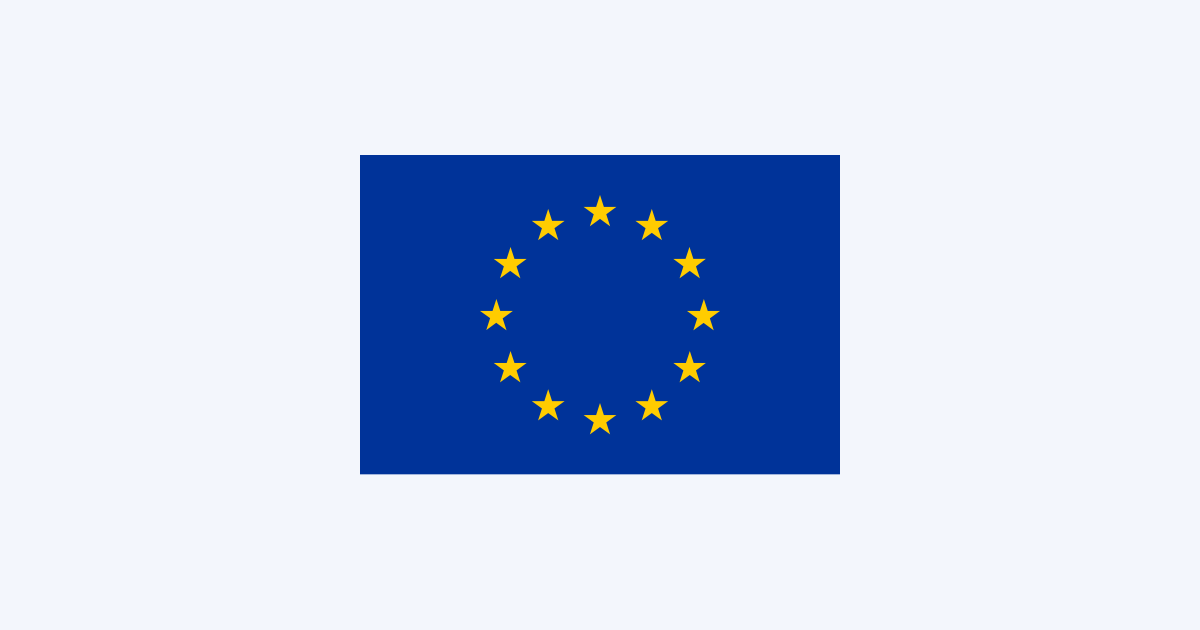
DISCLAIMER OPINIONS: The opinions of the authors or reproduced in the articles are the ones of those stating them and it is their own responsibility. Should you find any incorrections you can always contact the newsdesk to seek a correction or right of replay.
DISCLAIMER TRANSLATIONS: All articles in this site are published in English. The translated versions are done through an automated process known as neural translations. If in doubt, always refer to the original article. Thank you for understanding.
DISCLAIMER PHOTOS: We mostly used photos images that are readily available online, from free sources, or from the people promoting the news. If by any chance it happens that we have used one of your copyrighted photos, please do not hesitate to contact us and we will take it down without question. We do not make profits as this is a not for profit project to give voice to the voiceless while giving them a platform to be informed also of general news, and it is completely free.
Politics
Steal, Deal, Repeat: Cybercriminals cash in on your data
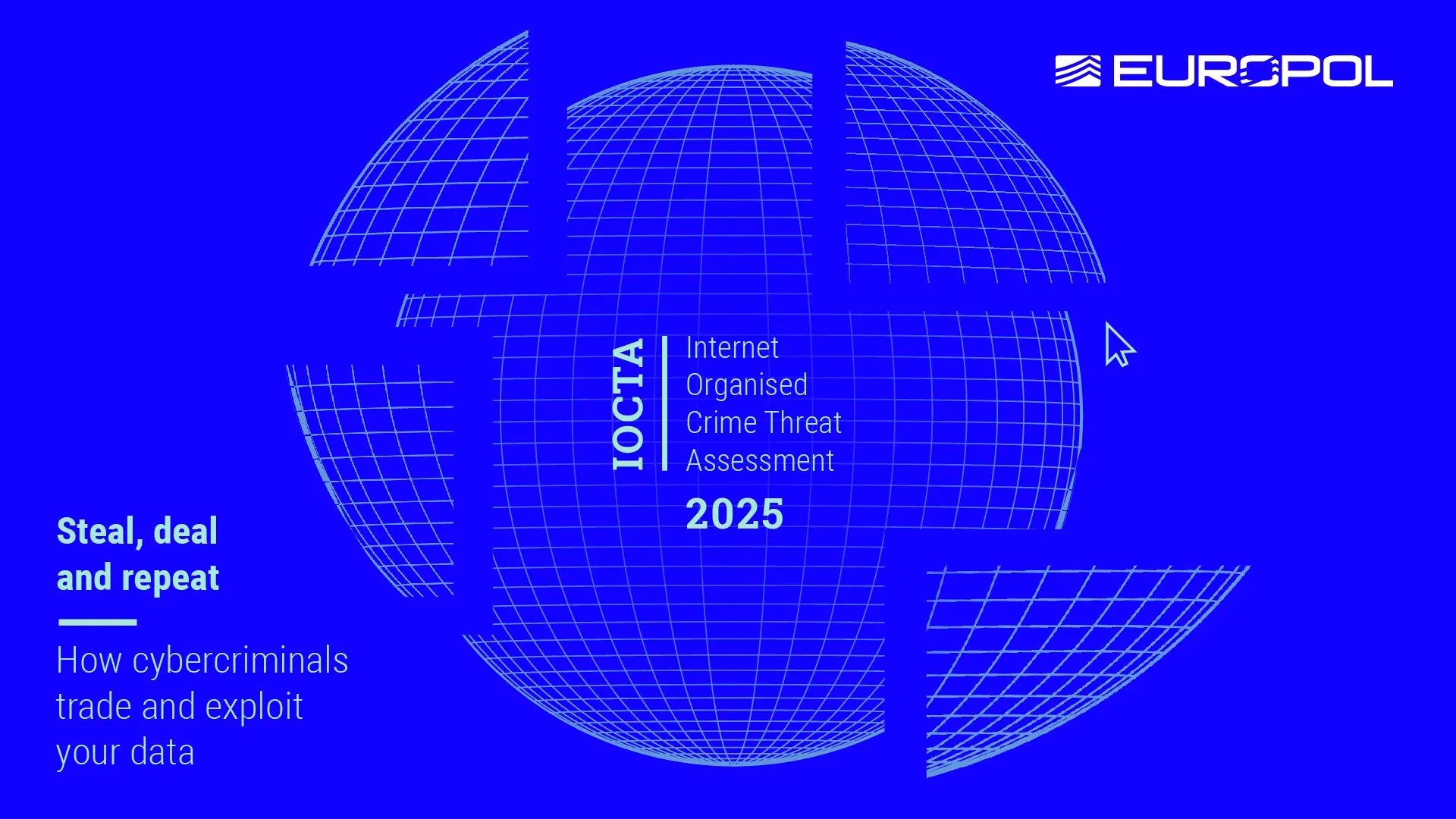
In its newly released 2025 Internet Organised Crime Threat Assessment (IOCTA) , Europol has issued a chilling warning: the digital underworld is no longer just about hacking into systems—it’s about profiting from stolen data. This underground economy, fueled by compromised identities, credentials, and sensitive information, powers everything from ransomware attacks to child exploitation, forming a sprawling criminal ecosystem that transcends borders and technologies.
The report, published today, underscores how cybercriminals have shifted their focus from isolated breaches to building a robust marketplace where stolen data is not merely an end goal—but a currency.
A Hidden Economy Built on Access
At the heart of this criminal enterprise lies access—access to corporate networks, personal devices, and individual identities. The IOCTA 2025 paints a stark picture of a world where nearly every aspect of our digital lives is under siege. From phishing campaigns to AI-generated deepfakes, cybercriminals are deploying increasingly sophisticated tools to infiltrate systems and harvest valuable data.
According to Edvardas Šileris, Head of Europol’s European Cybercrime Centre (EC3), “You can’t defend what you don’t understand.” He added that the latest assessment provides critical insights into the hidden mechanisms of cybercrime, equipping law enforcement, policymakers, and private sector stakeholders with the intelligence they need to respond effectively.
Generative AI Supercharges Social Engineering
One of the most alarming trends outlined in the report is the use of generative artificial intelligence , including large language models (LLMs), to enhance social engineering attacks. Criminals are now capable of crafting highly personalized scam messages tailored to victims’ cultural contexts, languages, and even personal habits. These AI-driven tactics allow fraudsters to mimic trusted entities—from bank representatives to government officials—with unnerving accuracy.
This evolution is particularly devastating in the realm of child sexual exploitation , where offenders are leveraging AI to automate grooming processes and increase the emotional manipulation of young victims. The report warns that these tools enable predators to scale their operations, making detection and prevention more challenging than ever before.
Data as Commodity: Crime-as-a-Service Thrives
Cybercrime has become accessible to virtually anyone willing to pay. The rise of Crime-as-a-Service (CaaS) platforms means that even those without technical expertise can purchase stolen data, rent out botnets, or follow step-by-step guides to execute complex fraud schemes. Marketplaces operating on dark web forums, encrypted messaging apps, and subscription-based services offer bulk sales of login credentials, compromised corporate systems, and even remote access to hacked infrastructure.
“Data is no longer just the target—it’s a commodity,” the report states. Every breach, leak, or phishing success feeds into a cycle where data is harvested, repackaged, and resold across layers of the criminal supply chain.
Extortion, Identity Theft, and Exploitation
Beyond financial fraud, stolen data is being weaponized for extortion, identity theft, and abuse , often targeting the most vulnerable members of society. Ransomware groups continue to exploit known software vulnerabilities and manipulate human behavior through psychological pressure and fear-based tactics. One emerging technique involves mimicking common error messages and CAPTCHA boxes—a tactic dubbed “ClickFix”—to trick users into installing malware themselves.
Meanwhile, the growing reliance on end-to-end encryption (E2EE) poses a significant challenge for law enforcement. While essential for protecting user privacy, E2EE apps like WhatsApp, Signal, and Telegram are increasingly abused by criminals to coordinate illegal activity, exchange stolen data, and evade surveillance. Europol notes that encrypted communications are now a primary channel for organizing cybercrime, with investigators facing near-total opacity into these operations.
Recommendations: A Call for Coordinated Action
To combat these evolving threats, Europol calls for a coordinated response at the EU level. Key recommendations include:
- Lawful access solutions for encrypted communications that balance security and privacy concerns.
- Harmonized data retention rules across member states to ensure consistent collection and availability of digital evidence.
- Digital literacy initiatives , especially targeted at children and teenagers, to help them recognize and resist online manipulation.
The report emphasizes that while technology evolves rapidly, many of the vulnerabilities exploited by cybercriminals are long-standing. Human factors—such as poor password hygiene, unpatched software, and susceptibility to social engineering—remain central to many successful attacks.
Behind the Report: Operational Insights from the Frontlines
The IOCTA 2025 draws on thousands of investigations supported by Europol annually, particularly through its European Cybercrime Centre (EC3) and Economic and Financial Crime Centre (EFECC) . Contributions from national police forces and private sector partners provide a comprehensive view of the current threat landscape.
It builds upon the broader EU Serious and Organised Crime Threat Assessment (SOCTA) , reinforcing the message that in today’s digital age, data is power—and everyone’s data is at risk.
Final Thoughts: A Race Against Time
As cybercriminals grow more organized, technologically advanced, and profit-driven, the stakes for cybersecurity have never been higher. The IOCTA 2025 serves not only as a diagnostic tool but also as a rallying cry for unity among governments, tech companies, educators, and citizens.
In the words of Šileris: “We must move faster than the threat. Understanding it is the first step.”
And as this report makes clear, the time to act is now.
Europol’s 2025 Internet Organised Crime Threat Assessment (IOCTA), published today, reveals how stolen data fuels the digital underworld, powering a criminal ecosystem that spans from online fraud and ransomware to child exploitation and extortion. The report paints a stark picture of a cybercrime economy built on access—access to your systems, your identity, and your most sensitive information.The Head of Europol’s…
Source link
-

 Sports7 days ago
Sports7 days agoMarc Marquez wants to make no more mistakes and heralds news
-
Travel6 days ago
Norway to introduce tourist tax amid record visitor numbers and overtourism concerns
-

 Politics5 days ago
Politics5 days agoGalician healthcare system receives nearly €510 million in EU support for its modernisation
-
Travel7 days ago
Wildfire warnings issued in the Canary Islands as millions prepare to holiday there
-

 Politics5 days ago
Politics5 days agoNew plan will help EU countries tackle cyber-attacks better
-
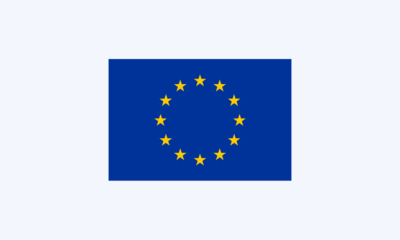
 Politics4 days ago
Politics4 days agoEl Salvador: Statement by the Spokesperson on the Foreign Agents Law and recent developments
-

 Sports7 days ago
Sports7 days agoMarc Marquez no longer wants to make mistakes and heralds change
-

 EU & the World5 days ago
EU & the World5 days agoNovak Djokovic’s Wife: All About His Romance With Jelena Djokovic









